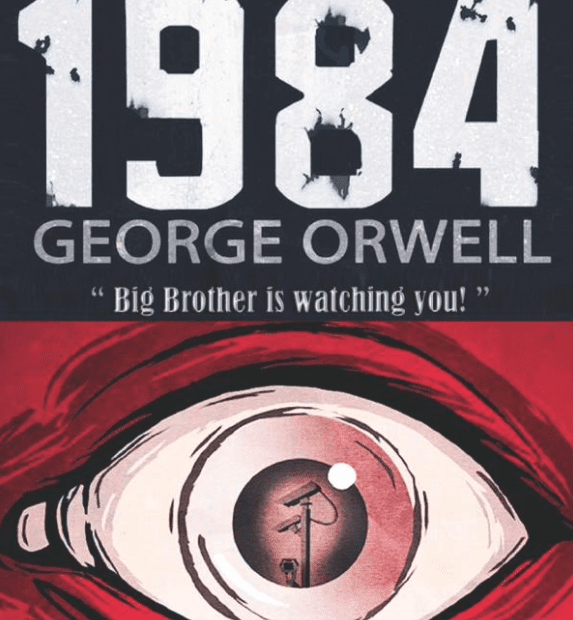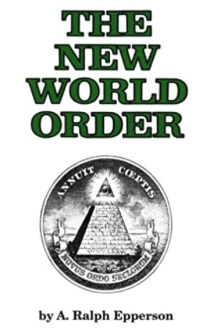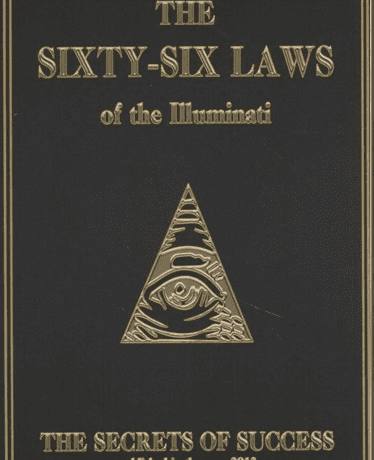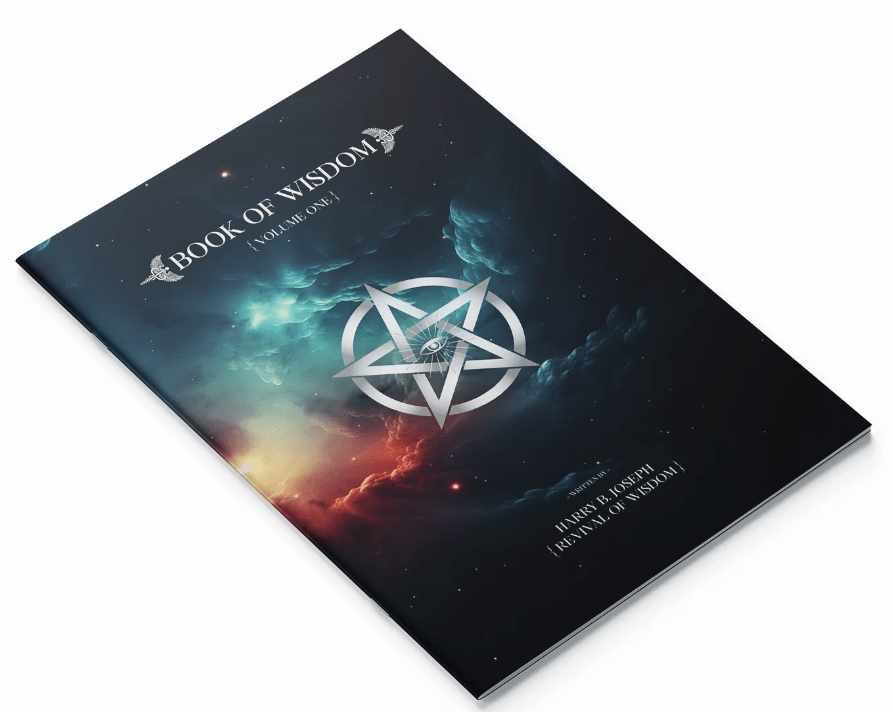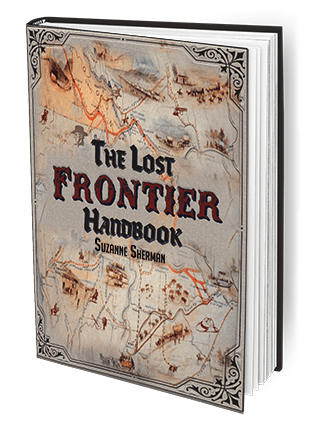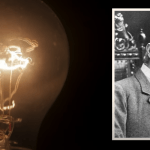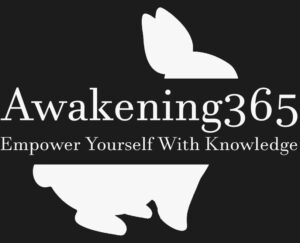Introduction to 1984 by George Orwell
1984, written by George Orwell in 1949, is a dystopian novel that paints a grim picture of a totalitarian society controlled by an oppressive government. The story revolves around the protagonist, Winston Smith, who lives in a world where every aspect of life is monitored and manipulated by the ruling regime, led by the elusive figure known as Big Brother. Through this chilling narrative, Orwell warned of the dangers of totalitarianism and surveillance, highlighting the importance of freedom and individualism. Over 70 years since its publication, the novel’s themes continue to be strikingly relevant in our current times, prompting readers to question the nature of power, control, and truth.
Surveillance and Loss of Privacy
One of the central themes of 1984 is the pervasive surveillance carried out by the government, which invades the privacy of every citizen. In the world of 1984, telescreens are installed in every home and workplace, monitoring people’s actions and conversations. This constant surveillance is eerily reminiscent of the modern-day surveillance state, where the government and corporations track our digital footprints through various means, such as CCTV cameras, social media, and data mining.
As technology continues to advance, so does the potential for abuse of power and invasion of privacy. The revelations made by Edward Snowden about the NSA’s global surveillance programs have demonstrated the extent to which governments can monitor our communications and activities. Reading 1984 in this context allows us to appreciate the value of privacy and the need to protect it in the face of technological advancements and state surveillance.
Manipulation of Information and the Control of Truth
Another critical aspect of Orwell’s 1984 is the manipulation of information by the government to maintain control over society. The Ministry of Truth, where Winston works, is responsible for altering historical records to align with the current Party narrative. This manipulation of facts and history is not only a method of control but also a means of erasing any trace of dissent or opposition.
In today’s world, we can see parallels with the rise of “fake news,” disinformation campaigns, and echo chambers on social media platforms. These phenomena contribute to the distortion of truth and the manipulation of public opinion, which can be exploited by those in power for their gain. 1984 serves as a reminder that the control of information is a powerful tool for those who wield it and that we must be vigilant in discerning the truth in an increasingly interconnected and information-driven world.
The Erosion of Individualism and Personal Freedom
Orwell’s 1984 depicts a world where individualism and personal freedom are systematically suppressed by the government. In the novel, the Party seeks to destroy any sense of individuality by controlling every aspect of its citizens’ lives, from their thoughts to their relationships. This is exemplified by the Thought Police, who monitor and punish any signs of dissent or “thoughtcrime.”
In our current times, the erosion of individualism and personal freedom can be observed in various ways, such as the growing influence of corporations and governments over our lives and the increasing polarization of society. As we navigate the challenges of the modern world, 1984 serves as a cautionary tale about the importance of preserving our individuality, personal freedom, and critical thinking abilities in the face of external pressures.
The Power of Language and the Control of Thought
Orwell’s 1984 introduces the concept of Newspeak, a language designed by the Party to limit the range of human thought and expression. By reducing the number of words and eliminating those that convey negative or subversive ideas, the government seeks to control people’s thoughts and maintain its authority.
In our current times, the power of language and the control of thought can be observed through the use of political correctness, censorship, and the manipulation of language by politicians and media. These tactics can be employed to shape public opinion and suppress dissenting voices, ultimately serving the interests of those in power. As we confront these issues in our world today, Orwell’s 1984 warns us of the dangers of linguistic manipulation and the need to protect freedom of speech and expression.
The Enduring Relevance of 1984 and the Importance of Reading It
The themes of surveillance, manipulation of information, erosion of individualism, and the power of language in George Orwell’s 1984 continue to resonate in today’s world. As we face the challenges of the 21st century, the novel serves as a powerful reminder of the importance of safeguarding our privacy, critical thinking, and personal freedom. The book also underscores the need for vigilance in the face of government and corporate control, as well as the manipulation of truth and language.
Reading 1984 is not only a thought-provoking experience but also a crucial reminder to remain vigilant and protective of our individual rights and liberties. We highly recommend this timeless classic to anyone interested in understanding the potential consequences of unchecked power, the erosion of personal freedom, and the manipulation of the truth. Orwell’s masterpiece stands as a stark warning of a dystopian future that we must strive to prevent, making it an essential read for our times.

